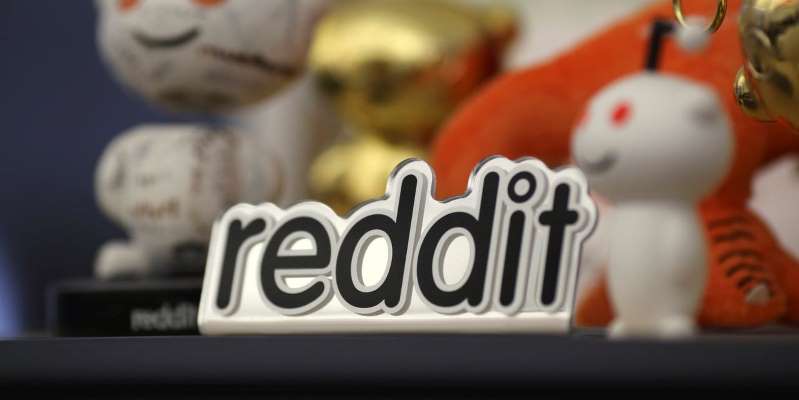
Small investors and gamestop fans have won their class war for the time being. The swarm caused billions in losses for hedge funds.
Wall Street is in a state of emergency. Numerous small investors have teamed up in the style of a flash mob. With share purchases, for example by the computer game dealer Gamestop or the cinema chain AMC Entertainment, which was recently traded as a bankruptcy candidate, they triggered violent price capers.
On Wednesday alone, the value of the Gamestop paper rose by 150 percent. The stock traded brighter than Tesla's. Within two weeks there was an increase of 1,000 percent. Investment firms burned billions of dollars as a result and almost went bankrupt. The US stock exchange and platforms such as Robinhood suspended trading with Gamestop in the meantime.
The analysis firm Citron Research, which specializes in short sales, issued a sell recommendation for the Gamestop share last week. The stock exchange had been speculating on the decline of the store for some time – there were more short sales of Gamestop shares than there are corresponding securities. This triggered violent indignation among the supporters of the computer game dealer. They called on Reddit forums for “class warfare” against investment firms. The swarm agreed to buy shares and thus drove the price upwards. The aim was to drive the short sellers out of the market.
But how do short sales work? A short seller, also known as a short seller, borrows stocks and sells them immediately. He hopes that the price will fall and that he can buy back the shares at a lower price. This is not without controversy, as Matthias Geissbühler, Head of Investment at Raiffeisen Switzerland, said of “20 Minuten”. This could intensify downward trends and ruin individual companies. This is exactly what the Gamestop fans feared.
There was a so-called short squeeze: The rising share price put the short sellers under pressure. With every penny more that Gamestop is worth, your loss increases. They were forced to close the short positions and buy back shares, as Matthias Geissbühler from Raiffeisen Switzerland says. The stock got into an upward spiral.
If an investor has borrowed money from a bank for his fund, the bank sets a deadline so that the loan is covered. “Then the short seller is forced to buy back the share,” said Geissbühler. Hedge funds have already lost over $ 6 billion, according to reports. Melvin Capital got into trouble and needed $ 2.75 billion from investors. More could follow, according to Geissbühler.
The Reddit users have achieved their goal of wiping out the short sellers, as Geissbühler says. The swarm intelligence has triumphed. However, the price action doesn't match the company's value, according to Thomas Brandon Kovacs, known on social media as Sparkojote. The company is stagnating and is no longer growing. In the event of a course correction, the book profits could therefore have disappeared as quickly as they came.
Investors have been betting on the demise of Gamestop for some time. The company is active in the electronics retail sector and operates around 5,800 shops worldwide. The business model with physical stores is hardly promising for the future compared to the increasing online trade, says Matthias Geissbühler, Head of Investment at Raiffeisen Switzerland. With correspondingly low margins, the company slipped into the red in 2020. Because of the branch closings in lockdown, the loss should be very high this year, according to Geissbühler. The short sellers bet accordingly on low prices or bankruptcy of the company.
Yes, investors are allowed to exchange and coordinate with each other, says Geissbühler. However, it would be problematic if insider knowledge were incorporated or if inexperienced investors were deliberately deceived with promises of returns.

